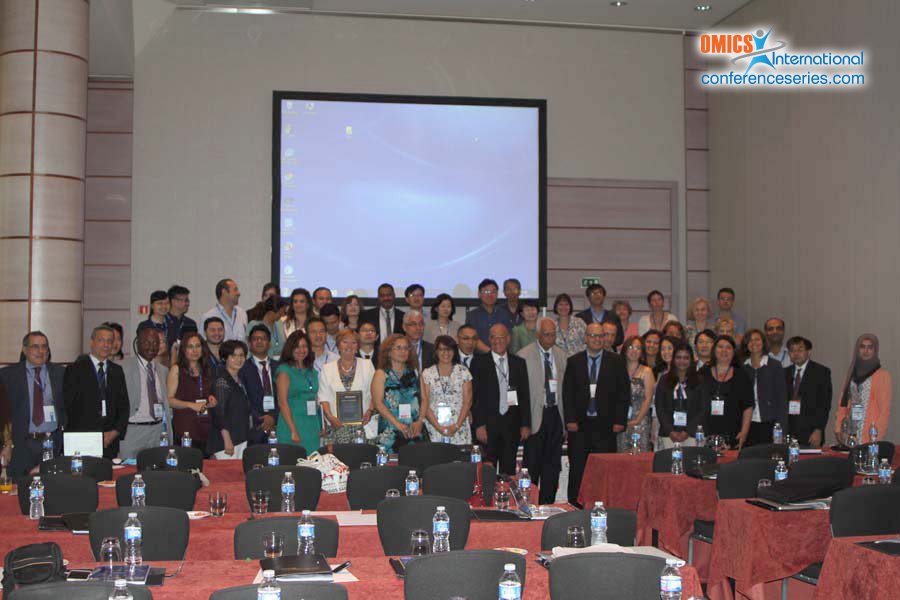
Joana Liberal
University of Coimbra,Portugal
Title: Molecular and Cellular Targets of polyphenols from Fragaria vesca leaf
Biography
Biography: Joana Liberal
Abstract
Natural products have been a fertile source of novel lead molecules for drug discovery, being for long known that many plant-derived compounds have anti-inflammatory, antioxidant and anticancer activities. Fragaria vesca has been used by traditional medicine for the treatment of several diseases. In order to validate and evaluate the mechanisms involved in the activities previously reported, a hydroalcoholic extract from Fragaria vesca leaves was obtained. Using a mouse macrophage cell line we observed that the extract inhibited the production of nitric oxide (NO) triggered by lipopolysaccharide, partially due to a direct scavenging of NO. The extract also affected the cellular proteolytic pathways, through the reduction of proteasome activity and modulation of autophagic machinery, mechanisms that are therapeutic targets in cancer treatment. In order to identify the compounds responsible for these effects, the extract was further fractionated and the different fractions screened in human hepatocellular carcinoma cells (HepG2). The ellagitannin-enriched fraction (EEF) had the lower IC50 for cell viability and was then selected to pursuit the study. EEF induced cell cycle arrest at G2/M checkpoint, decreased cell proliferation and inhibited both autophagy and ubiquitin-proteasome system. Furthermore, to study the cytotoxic mechanism of EEF, an iTRAQ (isobaric tag for relative and absolute quantitation) based proteomics approach was used. Several proteins (914) were identified, among which 133 were significantly modulated, most of them related to metabolic processes. Overall, EEF decreases cell proliferation through different mechanisms involving diverse molecular targets, suggesting that Fragaria vesca could be a source of valuable molecules with anticancer potential.

